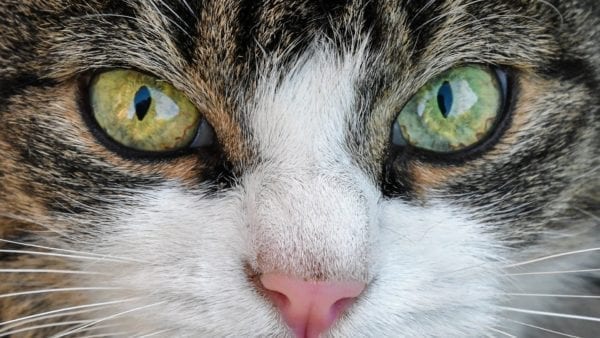Tips on how to make your garden a bird rich haven.
All of our deterrents have been proudly designed and manufactured in Great Britain


Birds will visit your garden if there’s plenty of food available, so the first thing to do is get up some feeders. Then you need to provide natural food, cover and nesting sites.
Buy good bird feeds
Buy bird food from reputable sources. This ensures that the seeds can provide the required levels of energy and have been grown with the environment in mind. Experiment with different sorts of feeders and seed mixes. For example, greenfinches adore sunflower feeders whilst goldfinches prefer niger seeds.
Avoid bad bird foods
Don’t buy multi-purpose pet food and don’t feed the birds bread in large quantities as it isn’t nutritious and is an empty filler. As tempting as it is to spread out your unwanted stale bread out, try to only put out breadcrumbs that are soaked in water and not stale.
Never put out desiccated coconut as it swells up inside a bird’s stomach. Also avoid providing sugary treats and cooked oats, which can dry and solidify around beaks.
Drinks for the birds.
Birdbath
Apart from bird baths making a great feature to your garden, Water is particularly vital for seed-eating birds that have dry meals and need to be able to wash them down. Keep an eye on your birdbath to ensure it doesn’t freeze over in winter, and when defrosting use hot water and refrain from using salt – this can kill the birds.
Keep your garden a safe zone
If you have problems with neighbouring cats, place CATWatch, our humane and chemical free cat deterrent into your garden. CATWatch (approved by the RSPB) works by emitting a frequency upon movement, which is inaudible to humans. This should repel visiting cats from bird feeding areas. Place feeders away from low cover that could conceal a cat – they are sit-and-wait predators and rely on cover to sneak up on their prey.
Watch what happens
To see whether your work has been effective, monitor the changes in bird numbers in your garden. What is the impact of very cold weather, for instance, on the numbers and species of birds using your garden? This will help you to plan future changes to the way you manage it.
Have binoculars handy and enjoy
Interesting birds can appear and disappear frustratingly quickly, so have a pair of binoculars to hand so you can grab them easily when you spot something.



